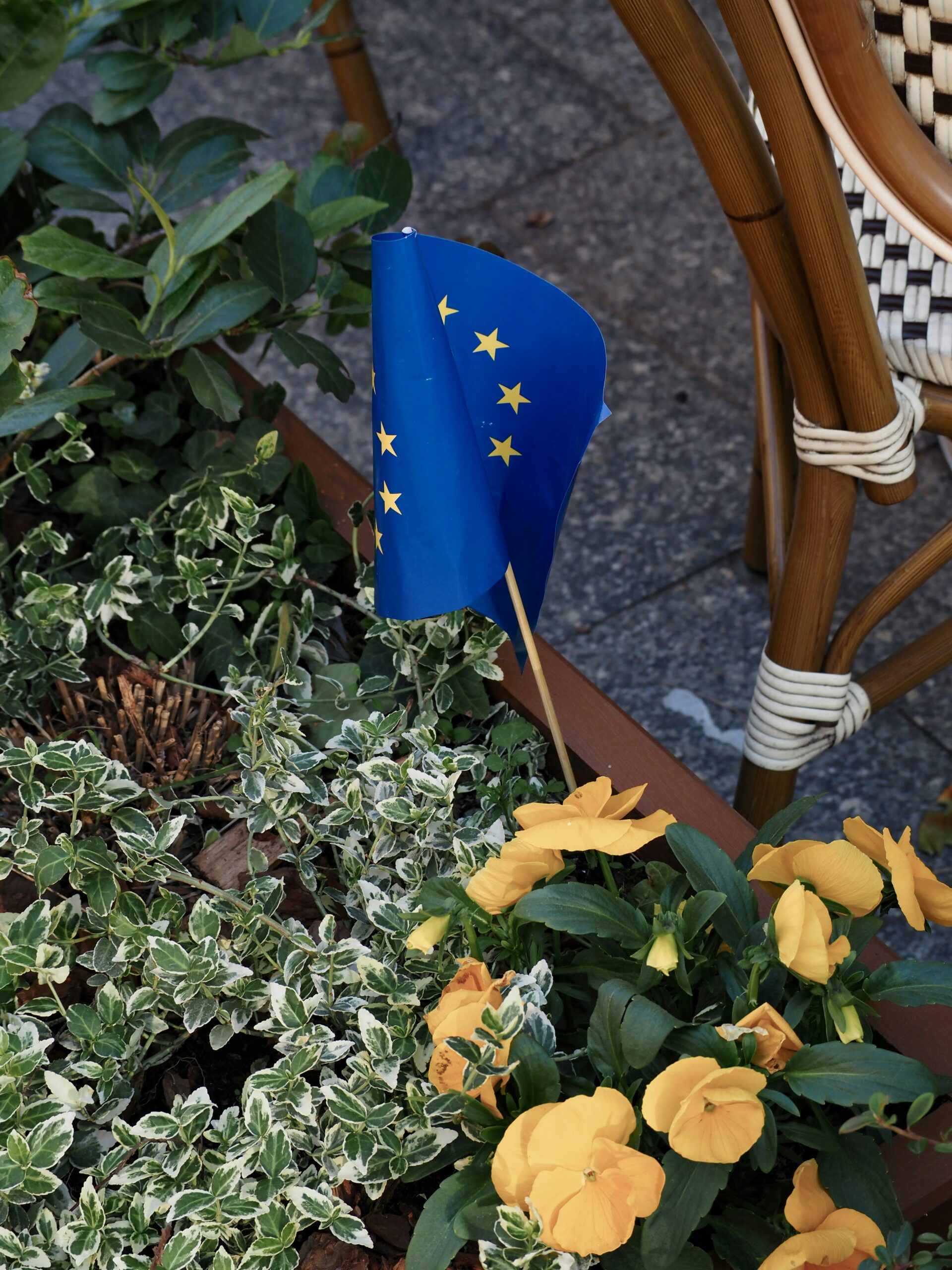Across the continent, Mother’s Day serves as a powerful, unifying celebration of maternal bonds and the central role of motherhood in society, yet the date and corresponding traditions remain remarkably diverse. From London’s historic Mothering Sunday to France’s late-May Fête des Mères, numerous European nations dedicate a day to express gratitude and familial devotion, blending intimate gatherings with public recognition. While flowers remain a near-universal symbol of affection, the specific customs reflect the deep-seated cultural heritage of each nation, distinguishing the holiday from celebrations focused on romantic love.
A Spectrum of Dates and Roots
While many countries, including Germany, Italy, and Greece, align their observance with the American tradition, marking the second Sunday of May, significant regional variations persist.
The United Kingdom notably anchors Mother’s Day to Mothering Sunday, which falls on the fourth Sunday of Lent. Historically a time when returning to the “mother church” facilitated family reunions, the observance has largely evolved into a secular tribute. Traditional celebrations often feature vibrant springtime bouquets of daffodils and roses, alongside classic Sunday meals such as the Sunday roast.
Conversely, France honors mothers later in the season. Fête des Mères occurs on the last Sunday of May, or early June, a tradition formally established in the 20th century to commend mothers’ vital societal contributions. French celebrations emphasize gourmet gifts, jewelry, and personalized experiences, often complementing elegant floral arrangements of roses and lilies.
In Southern Europe, Spain’s Día de la Madre kicks off the month on the first Sunday of May, encouraging both schools and workplaces to prioritize honoring maternal figures. Similarly, Eastern Europe exhibits varied schedules, with Poland observing the occasion on a fixed date, May 26th, while Hungary and the Czech and Slovak Republics follow the first-Sunday-of-May schedule.
Universal Expressions of Gratitude
Despite differing schedules, the expressions of appreciation across Europe follow remarkably consistent themes.
Flowers are universally central to the day. While iconic tulips dominate the Netherlands, carnations, roses, and lilies are mainstays from Italy’s Festa della Mamma to the Nordic countries, where celebrations often occur on the final Sunday of May. These blooms symbolize love, devotion, and admiration.
The role of children is paramount everywhere. Schools across Europe actively participate, with children crafting handmade cards, reciting poetry, and presenting personalized gifts to express appreciation. These homemade tokens underscore the intimate, family-centered component of the holiday.
Shared Meals constitute the emotional core of the observance. Whether it’s a family brunch in the Netherlands, a lavish restaurant meal in Italy, or a tradition of serving breakfast in bed in Germany, food reinforces the familial bond.
Societal Acknowledgment and Modern Trends
Beyond the private rituals, many European nations use Mother’s Day to convey broader societal respect. In France, Italy, and Spain, community events, civic ceremonies, and local cultural programming often complement private celebrations, underscoring the public acknowledgment of motherhood’s sacrifices and contributions.
In modern observances, like those in the Netherlands, the emphasis has expanded beyond tangible goods to include experiential gifts, such as spa days or cultural excursions, reflecting a contemporary approach to honoring mothers through quality time and relaxation.
Ultimately, whether celebrated on Mothering Sunday or the second Sunday of May, the European observance of motherhood successfully weaves together deep personal affection, vibrant cultural heritage, and communal recognition, cementing its place as a cornerstone in the seasonal calendar of gratitude and respect.
